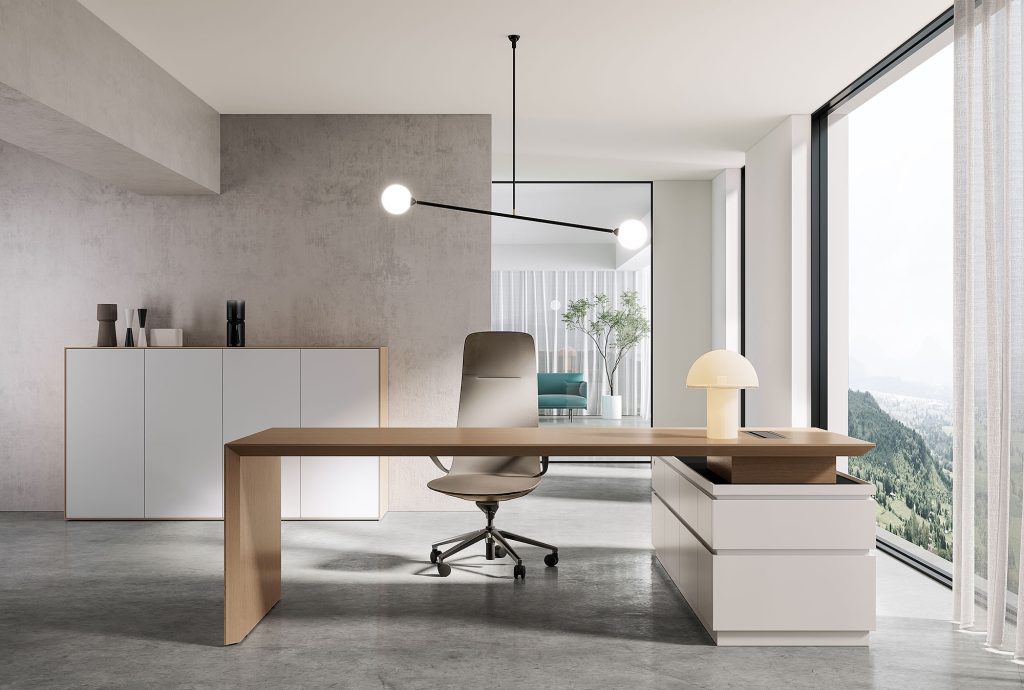
Office furniture is more than just a collection of desks and chairs; it is a powerful tool that can shape company culture and influence employee engagement. In today's competitive business environment, companies are increasingly recognizing the importance of creating a workplace that not only supports productivity but also fosters a sense of belonging and motivation among employees.
Company culture is the personality of an organization, and it is reflected in the way people interact, the values they uphold, and the environment they work in. Office furniture plays a crucial role in defining this environment. A well-designed office space can communicate a company's values and vision, making employees feel aligned with the organization's goals.
For example, open-plan office designs have become popular in recent years, emphasizing collaboration and transparency. Desks are often arranged in clusters or rows, encouraging communication and teamwork. This type of layout can break down silos and create a sense of community among employees. However, it is essential to balance this with private spaces where employees can focus on individual tasks without distractions. Modular furniture solutions, such as movable partitions and soundproof booths, can help achieve this balance, providing both collaborative and quiet areas within the same office.
The choice of furniture materials and styles also sends a message about a company's values. Sustainable and eco-friendly materials can demonstrate a commitment to environmental responsibility, while modern and sleek designs can convey a sense of innovation and forward-thinking. On the other hand, traditional and classic furniture can reflect a company's long-standing history and stability. By carefully selecting furniture that aligns with their brand identity, companies can create a cohesive and authentic workplace culture.
Moreover, office furniture can have a direct impact on employee engagement. Comfortable and ergonomic furniture not only improves physical well-being but also enhances job satisfaction. Employees who feel comfortable and supported in their workspace are more likely to be productive and committed to their work. For instance, adjustable desks and ergonomic chairs can reduce the risk of workplace injuries and promote better posture, leading to a healthier and happier workforce.
In addition to physical comfort, the layout and organization of office furniture can influence how employees feel about their work environment. A clutter-free and well-organized space can reduce stress and improve focus. Providing ample storage solutions, such as filing cabinets, shelves, and drawer organizers, can help employees keep their workspaces tidy and efficient. This, in turn, can boost their sense of control and autonomy over their work environment.
Furthermore, office furniture can be used to create spaces that support different types of work and social interactions. Breakout areas with comfortable seating and coffee tables can encourage informal discussions and idea-sharing among employees. Meeting rooms equipped with modern technology and flexible furniture can facilitate effective collaboration and brainstorming sessions. These spaces can help build a sense of camaraderie and foster a positive work culture.
In conclusion, office furniture is a vital element in shaping company culture and enhancing employee engagement. By thoughtfully designing the workplace, companies can create an environment that reflects their values, supports collaboration, and promotes well-being. Investing in high-quality, ergonomic, and aesthetically pleasing furniture can have a profound impact on how employees feel about their work and their organization. As companies continue to evolve, the role of office furniture in creating a vibrant and productive workplace will remain essential.
